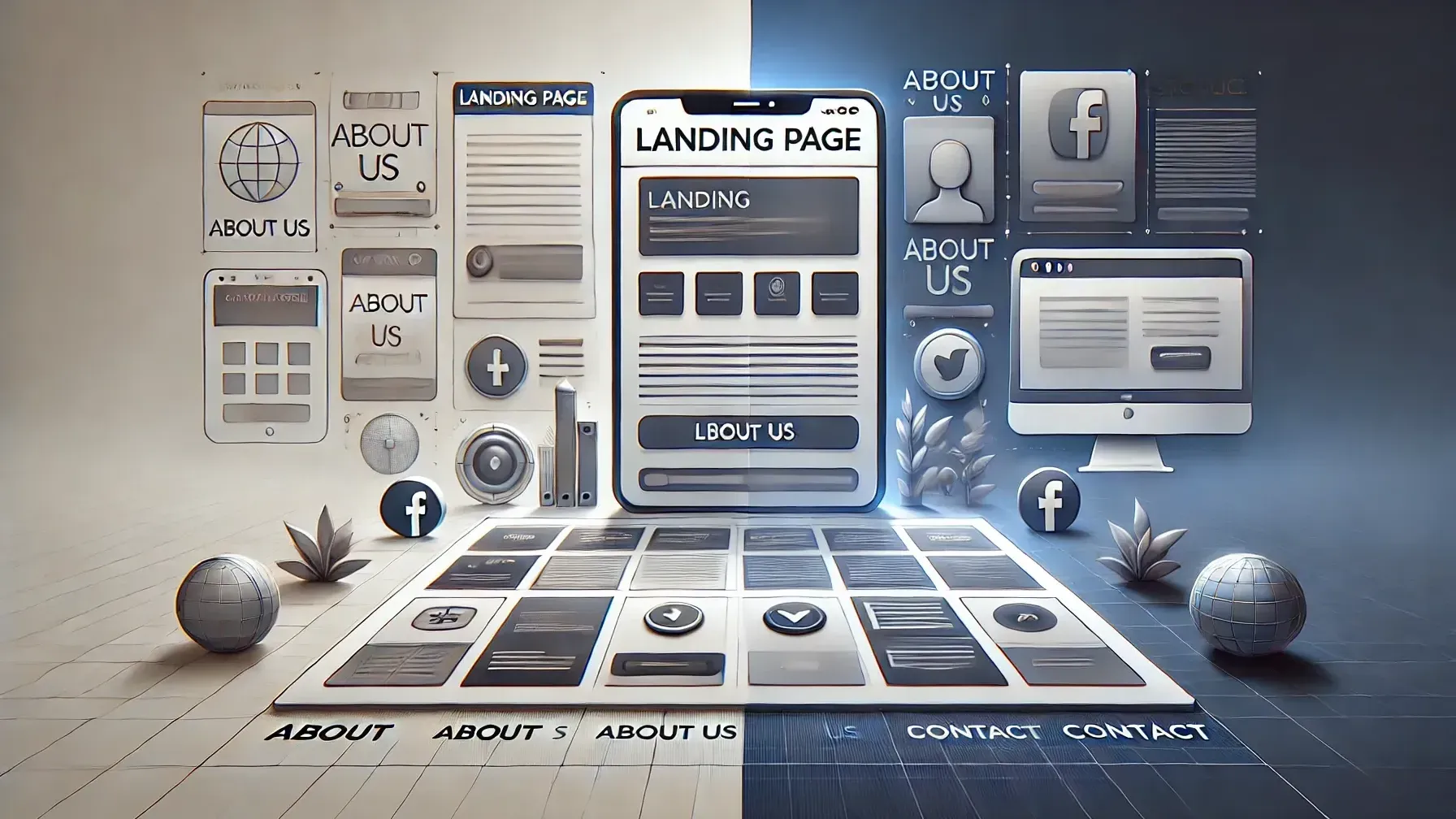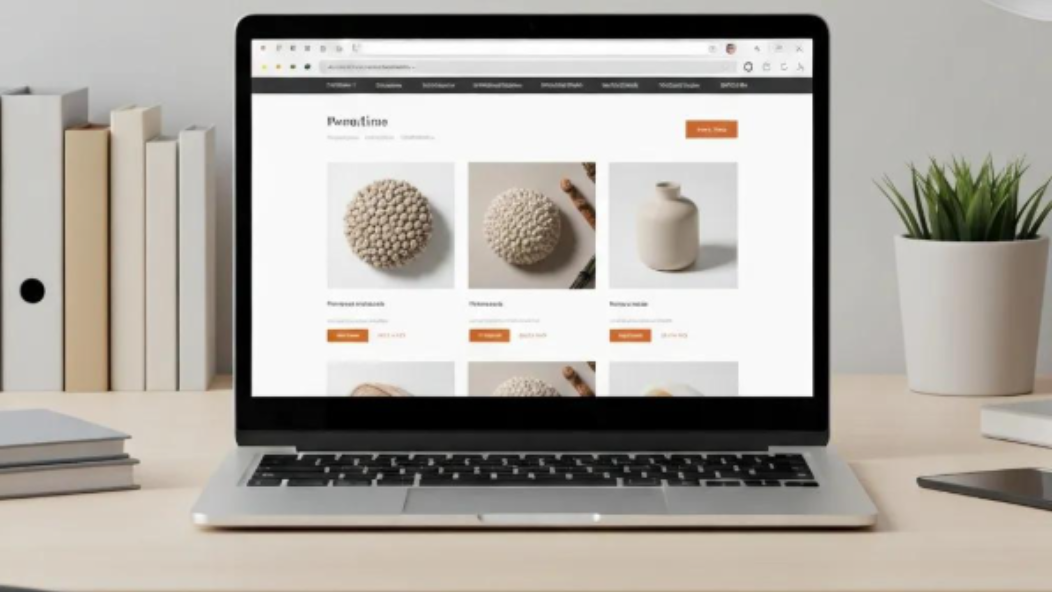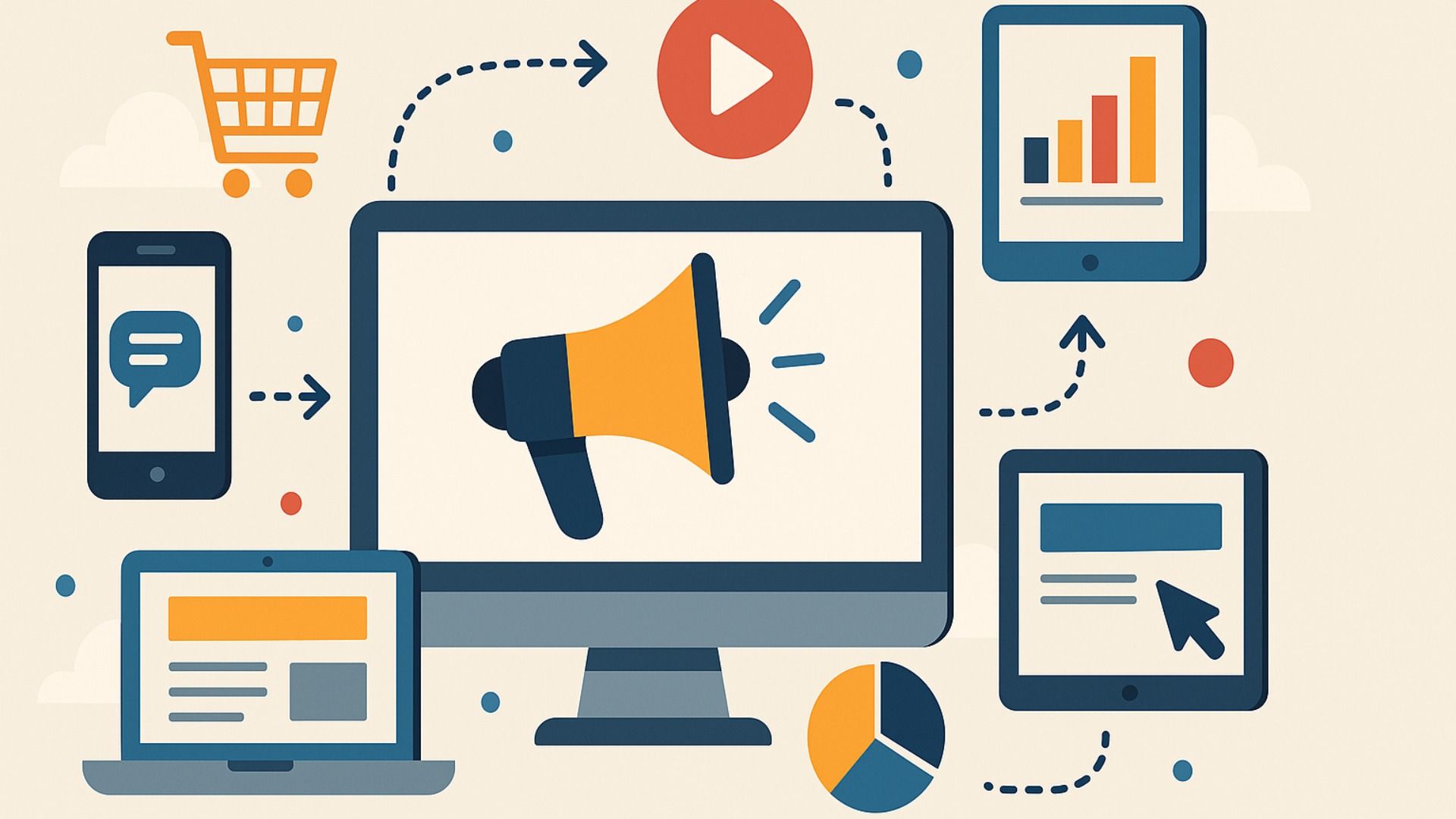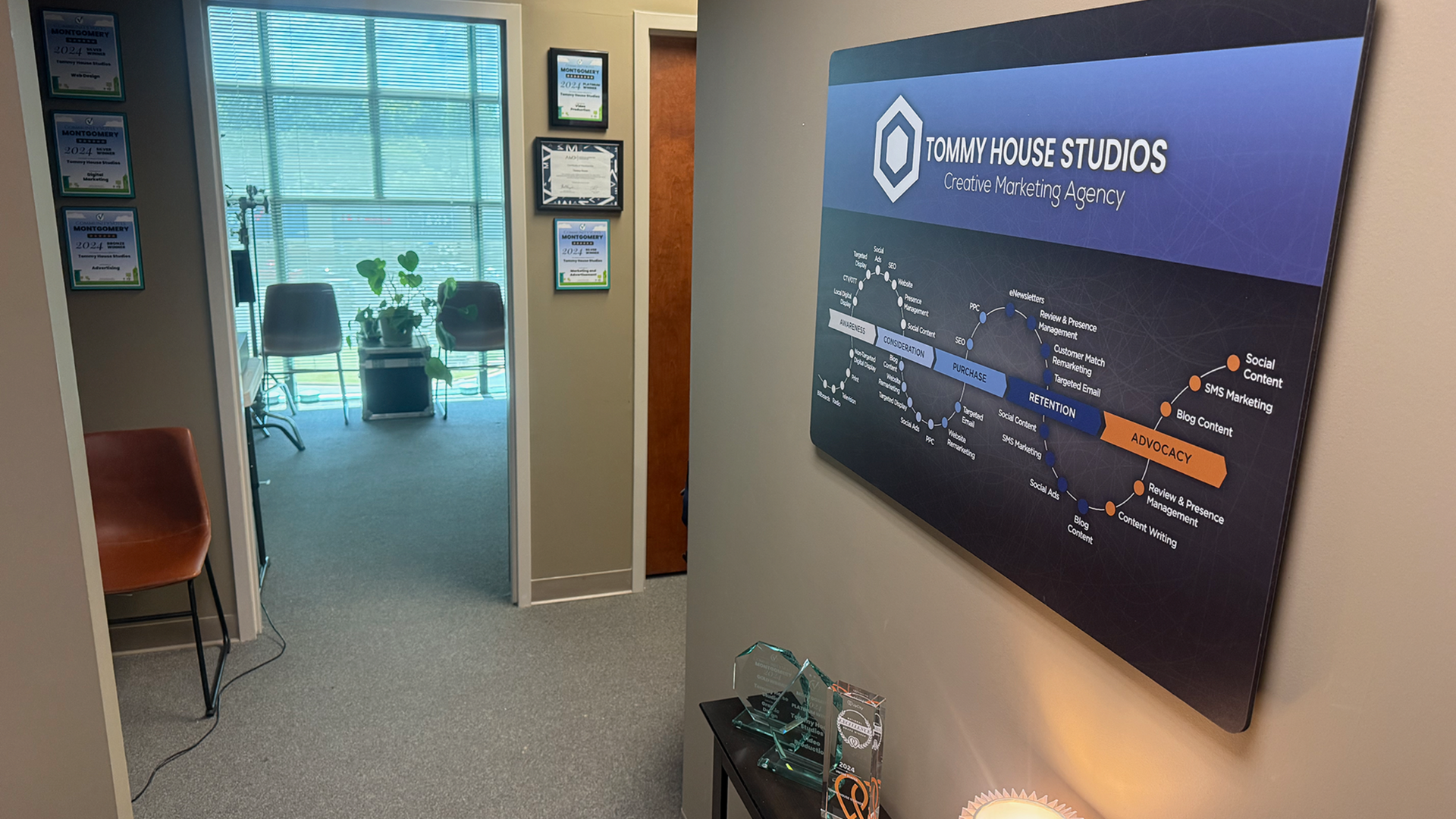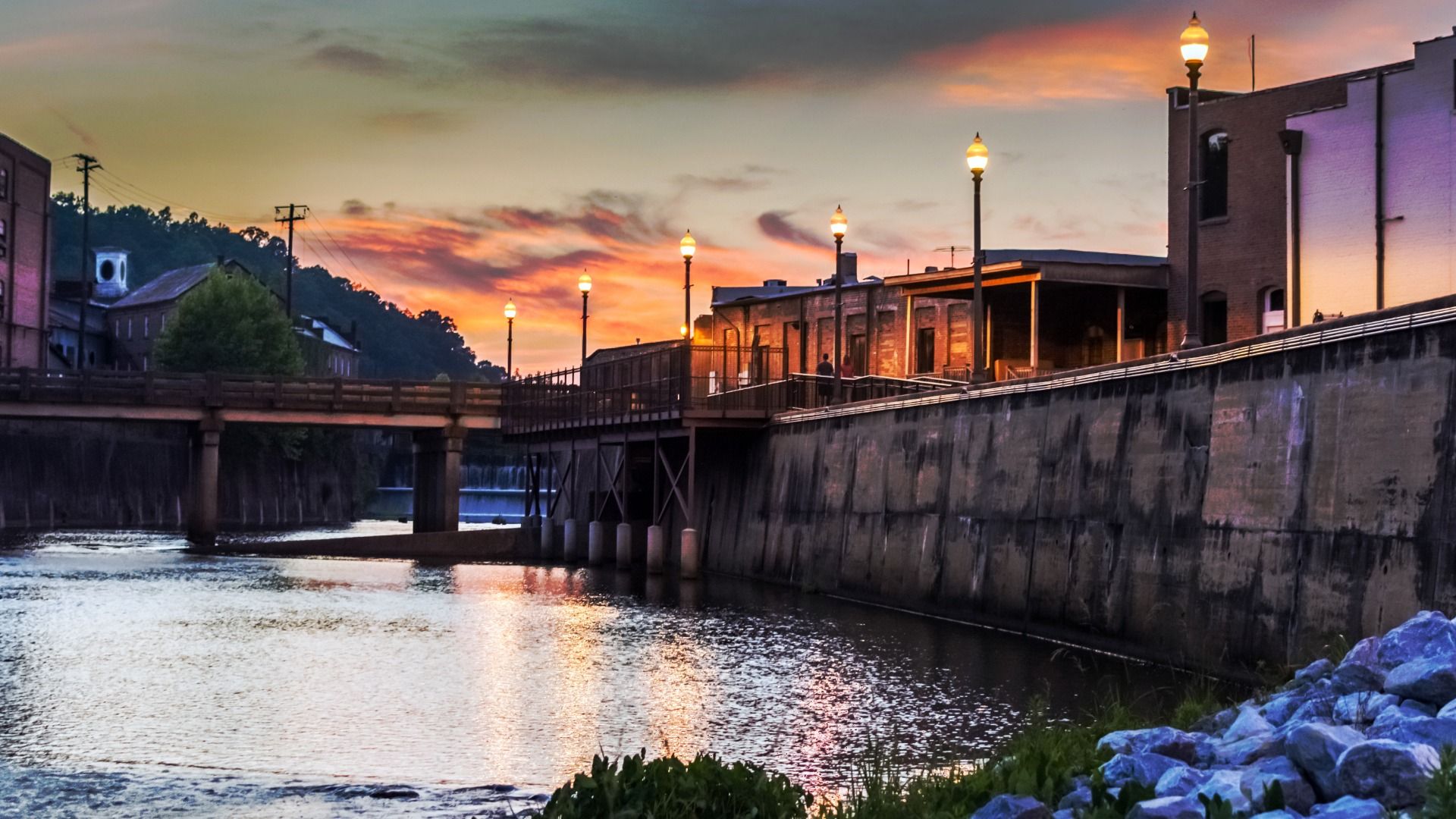Landing Page vs. Full Website: Why Your Small Business Needs More Than Just a Facebook Page
Landing Page vs. Full Website:
Why Your Small Business Needs More Than Just a Facebook Page
For many small business owners, it’s tempting to rely solely on a Facebook page or a single platform to promote their services. While social media is valuable, it doesn’t give you the full control, professionalism, or growth potential your business needs. Whether you're just starting or looking to scale, understanding the difference between a landing page and a full website—and their roles—can help you make smarter decisions.
This article will break down what landing pages and full websites are, their pros and cons, and why having either (or both) is essential for a competitive edge.
What is a Landing Page?
A landing page is a standalone web page designed with a single, focused purpose—usually to convert visitors into leads or customers. It’s often tied to specific campaigns, such as an advertisement, email, or social media promotion.
Key Features of a Landing Page:
- One clear call to action (CTA): Sign up, buy now, request a quote, etc.
- Minimal distractions: No complex navigation or links to other parts of a site.
- Targeted messaging: Content tailored to a specific audience or campaign.
- Designed to capture leads or drive action.
Example Use Case: A plumber runs a Facebook ad for a 10% discount on drain cleaning. The ad directs visitors to a landing page where they can claim the offer by filling out a form.
Pros of Landing Pages:
- Highly focused and optimized for conversions.
- Quick to create and cost-effective.
- Perfect for running short-term campaigns.
Cons of Landing Pages:
- Limited in scope; not ideal for showcasing all services or branding.
- May not perform well in organic search (SEO) without additional content.
When to Use a Landing Page:
Use landing pages when running targeted campaigns, launching a product, or collecting leads. It’s the go-to tool when you want visitors to take one specific action.
What is a Full Website?
A full website is a multi-page online presence that represents your business as a whole. It serves as a hub where customers can explore your services, learn about your company, and connect with you.
Key Features of a Full Website:
- Multiple pages, including Home, About, Services, Blog, and Contact.
- Comprehensive content that educates visitors about your brand and offerings.
- Navigation menus for easy browsing.
- Can be optimized for SEO to attract organic traffic from search engines.
Example Use Case: A local bakery has a website that showcases their menu, online ordering system, store hours, a blog with recipes, and a contact form for catering inquiries.
Pros of Full Websites:
- Provides a complete online presence and professionalism.
- Supports SEO efforts, driving organic search traffic.
- Better for long-term branding, customer engagement, and showcasing services.
Cons of Full Websites:
- Requires more time and investment to build and maintain.
- Can be overwhelming for visitors if not well-designed.
When to Use a Full Website:
A full website is ideal for businesses that need a comprehensive online presence, want to rank in search engines, and aim to provide detailed information to customers.
Why You Shouldn't Rely Solely on a Facebook Page
While Facebook and other social media platforms are excellent tools, they have limitations that can hold your business back.
- Lack of Control: You don’t own your Facebook page. Changes to algorithms or policies can impact visibility overnight.
- Professionalism: A branded website or landing page adds credibility and authority.
- SEO Limitations: Social media pages do not rank as well as websites in Google search results.
- Customer Trust: Many consumers expect a professional website to validate a business.
Bottom Line: A Facebook page is a great supplement to your online presence, but it should not replace a professional landing page or full website.
Which One Should You Choose: Landing Page or Full Website?
The answer depends on your business goals.
- Choose a Landing Page if:
- You’re running a specific marketing campaign or promotion.
- Your budget is limited but you need to convert leads quickly.
- You want to test ideas before investing in a full website.
- Choose a Full Website if:
- You need a permanent, comprehensive online presence.
- Your goal is to attract organic traffic and build long-term customer relationships.
- You offer multiple services or want to tell your brand story.
Pro Tip: Many businesses use both. Start with a website as your foundation, then build targeted landing pages for campaigns.
My Conclusion
In today’s digital landscape, relying on a single platform like Facebook limits your business’s potential. A landing page and a full website each play unique roles in attracting and converting customers. Whether you need quick campaign conversions or a professional online hub, investing in these tools gives you control, credibility, and a competitive advantage.
Start small if needed, but don’t miss out on the power of owning your online presence. Contact Tommy House Studios today, we can help!



